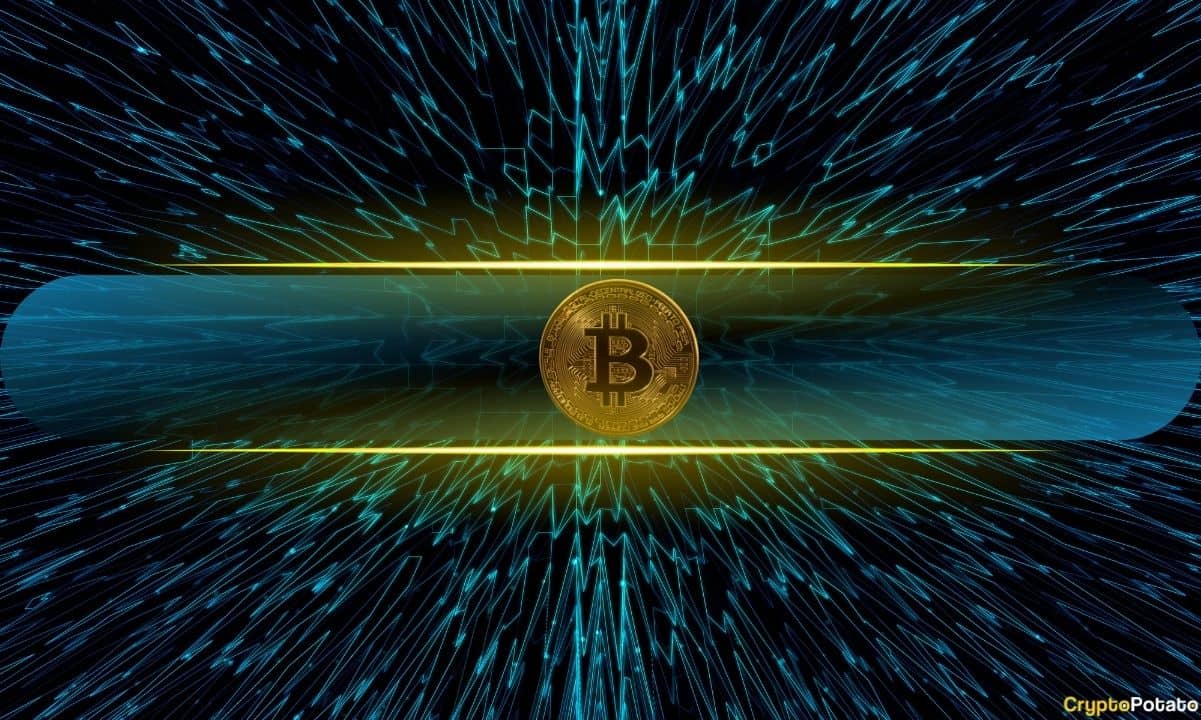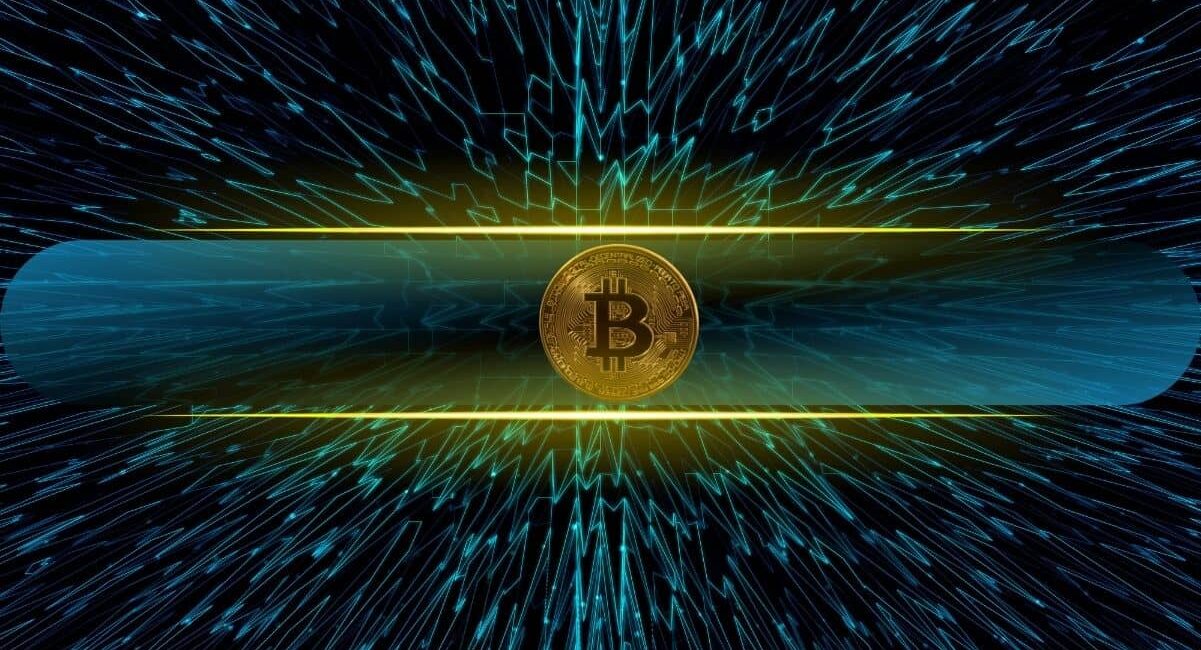
Bitcoin’s ongoing scaling dispute has taken a new twist as industry figures debate how to handle what many are calling a “spam epidemic” on the network.
Long-time BTC advocate and Jan3 CEO Samson Mow has suggested that mining hardware manufacturers should consider refusing sales, or at least imposing penalties, on companies supporting transactions he describes as spam.
Mow’s Hardware Gambit
In an August 17 post on X, amplifying an earlier proposal by Adam Beck to put social pressure on miners as a means of curbing spam on the Bitcoin network, Mow suggested that Block’s Proto Mining division, which builds some of the most highly efficient ASIC miners, could refuse sales or impose markups on firms like Marathon Digital (MARA) that mine transactions containing non-financial data.
“If @jack is on board… they could simply publish a statement that they will not sell, or will sell hardware at a markup, to the companies that are enabling spam,” Mow tweeted.
He theorized that imposing a potential 2% economic penalty would outweigh the minor profit boost of around 0.5% accruing from mining spam. This, he believes, would compel public mining firms to stop.
While Block’s willingness to act as an arbiter is currently unknown, Mow’s idea has received support in some quarters. Bitcoin maxi Matt Kratter endorsed it, stating:
“Proto Rig should not sell their ASICs to bad actors that support Bitcoin spam. Let MARA buy from the CCP and pay tariffs.”
The Core of the Controversy: OP_RETURN
Mow’s remarks have intensified an already heated debate around Bitcoin Core’s upcoming changes to OP_RETURN, the transaction type often blamed for bloated blocks.
In May, the Bitcoin Core development team decided to eliminate the long-standing 80-byte cap on OP_RETURN outputs in Core 30. The opcode allows small data packets to be embedded in BTC transactions but was historically restricted to prevent non-financial data from flooding blocks.
However, developers, led by Gregory Sanders, argued the limit was obsolete since miners were already bypassing it. They contend that removing it will promote cleaner data storage, maintain network neutrality, and also reflect existing practices by private mining pools.
“This is not endorsing non-financial data usage, but accepting that as a censorship-resistant system, Bitcoin can and will be used for use cases not everyone agrees on,” a past Core statement explained.
Still, critics like Luke Dashjr have described the move as “utter insanity,” warning that it would lead to an increase in spam on Bitcoin, potentially crowding legitimate financial transactions and altering the network’s main purpose.
Binance Free $600 (CryptoPotato Exclusive): Use this link to register a new account and receive $600 exclusive welcome offer on Binance (full details).
LIMITED OFFER for CryptoPotato readers at Bybit: Use this link to register and open a $500 FREE position on any coin!








No Comment! Be the first one.